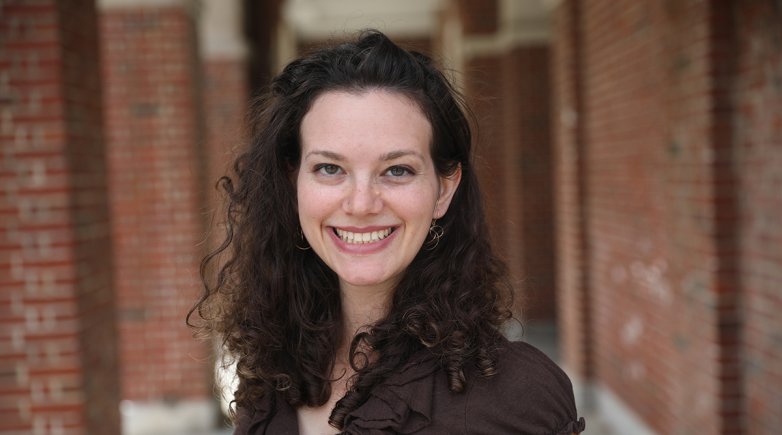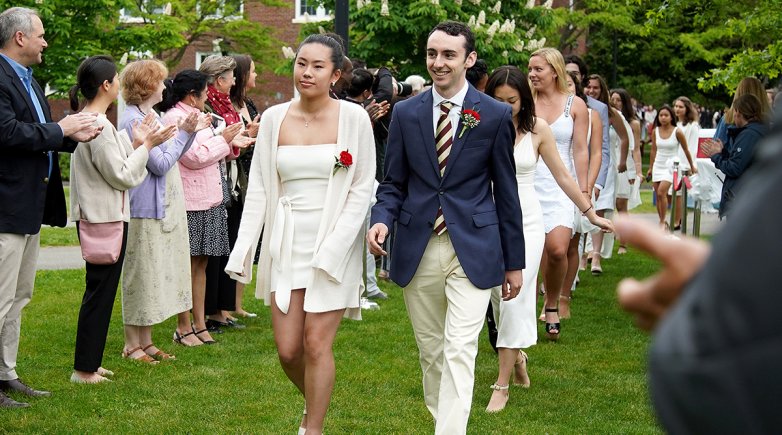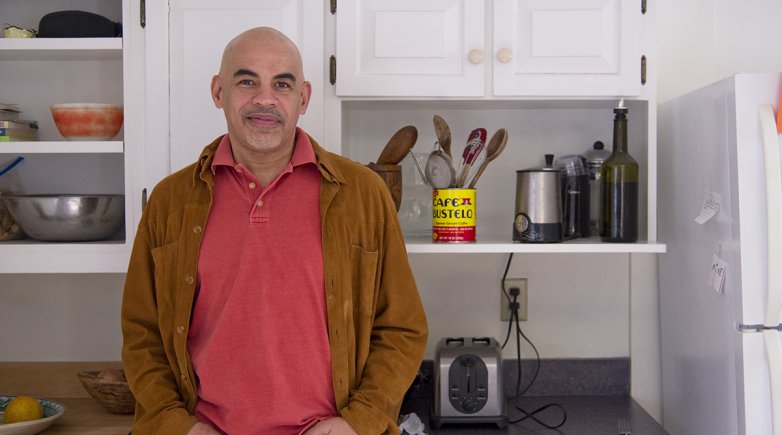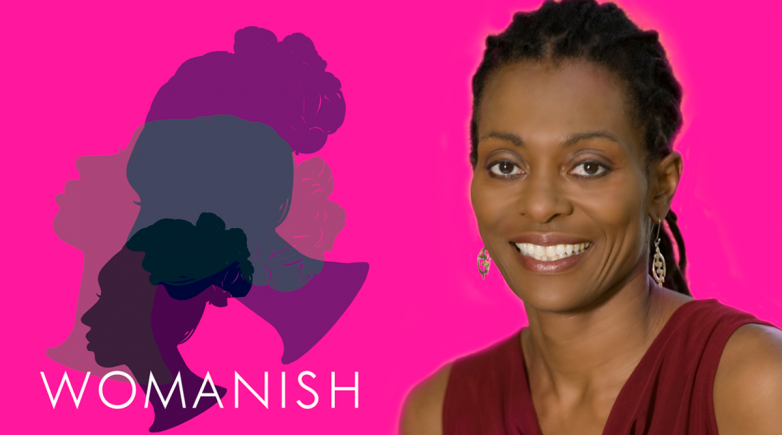The solidarity of fat girls
It is your luck to be the brother of three fat girls.
They have insisted on the moniker. "We’re fat girls," Elsie has told you. "If you don’t accept it, who will?"
"Don’t say that," you’ve replied, hopelessly, "you’re beautiful." And she has kissed your forehead wetly, like an aunt — 13 years your senior, she relishes that word "girls" — and said, "Exactly."
Elsie is the fattest of the three fat sisters. She once tried to be a plus-size model, but has since accepted a job writing copy for a crafts catalogue.
You recognize that there are two kinds of girls: fat girls and thin girls; and within those, there are two kinds of girls: those who know which they are and those who don’t.
Your sister Geraldine might defy categorization, a middle-sized girl with solid thighs. But she’s identified herself as a fat girl, so she asks people to pull in their chairs before squeezing past; she never just squeezes.
Geraldine is the type of babysitter whom the parents love and the children hate until they’re much older. She takes you with her to her charges’ houses, where you meet their working mothers.
Your mother has been gone for over a decade. She didn’t love you. This breaks your sisters’ hearts but disturbs you very little, because you feel so abundantly mothered.
Your three sisters look the same to you, distinguished by the clarity of the hemispheres below their necks and by minute emphases: Elsie’s plucked eyebrows, Geraldine’s missing tooth, Karen’s sallow cheeks.
Karen is a thin girl who used to be a fat girl, this by dint of extended illness. She misses her old body.
"You’re beautiful, Karen," you tell her, once the cancer has scooped out her insides.
She says, "I feel naked."
You don’t understand. She says, pressing your head to her blanket-swaddled chest, "I’ve lost the layer between me and the world."
Your mother does not come back. Your sisters hold out for her return, whispering, "We won’t let her," "She doesn’t deserve him," "We’re doing well by him, aren’t we?" refusing in advance to surrender you.
You don’t remember courting girls. You have the air of being cherished about you, so it’s easy to cherish you; you seem to demand it.
You almost marry a fat girl who knows she is fat. She doesn’t assume that people’s brothers should love her. You couldn’t love someone who did.
You remember this: taking the sweater off your back, tugging it over Karen’s hollow chest.
"No," said Geraldine, pulling you from the casket.
"She feels naked," you said.
The night before your wedding, you run away. Elsie says you’ll be at Karen’s grave. Your fiancée wants to stay home, crying, but Geraldine revs the pickup and says, Get in.
Without you they drive carefully, imagining you watching. They do it first because it is their instinct and second because, if they’re careful enough, maybe you will come back to them.
But you are not at the graveyard. You are not on the streets. Your sisters search all night, but their soft bodies grow tired and they don’t ever find you sitting just above them in the hollow of a tree, neck thrown back, arms stretched up, reaching for the belly of the moon.
Courtney Sender is the 52nd George Bennett Fellow writer-in-residence, working on her first full-length book. This piece was originally published online at American Short Fiction.
Editor's note: This article first appeared in the fall 2019 issue of The Exeter Bulletin.



